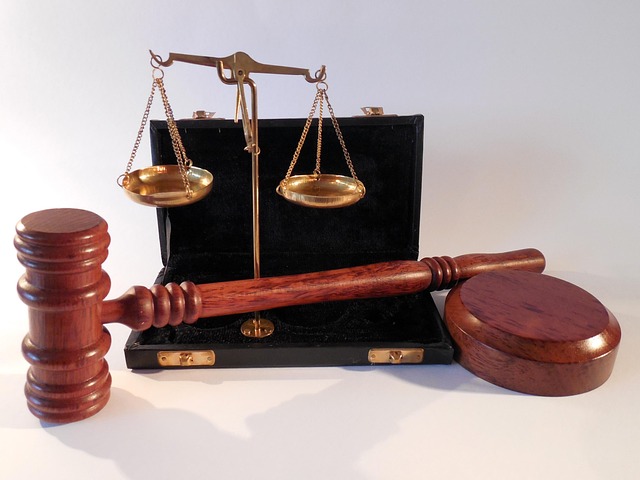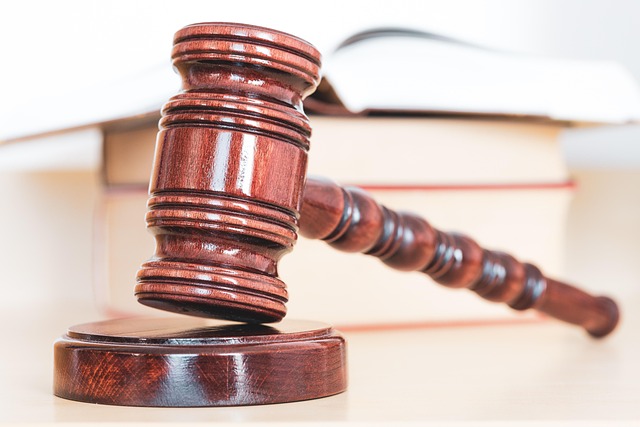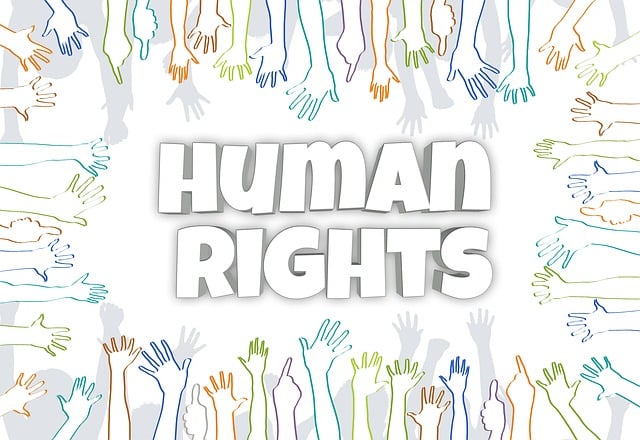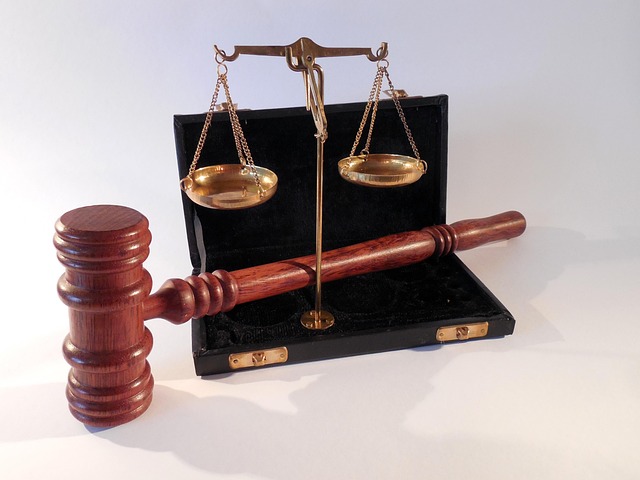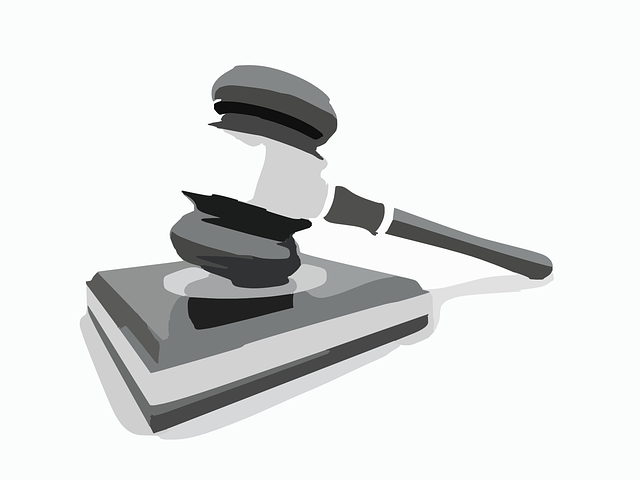Consumer Fraud Class Action Lawsuits unite affected individuals to fight deceptive business practices collectively. This strategy amplifies legal power, increases compensation potential, and holds companies accountable through strategic litigation. The process starts with a complaint, involves evidence gathering and legal arguments, aiming for a settlement or verdict. Companies must navigate complex regulations and defend themselves against allegations, employing skilled legal teams for compliance and fraud prevention.
In recent years, C-Level Investigations have gained prominence as a powerful tool in combating consumer fraud. This article delves into the intricate world of class action lawsuits, exploring how they serve as a collective force for justice. We’ll break down the process from initial complaint to eventual settlement or trial, highlighting the legal complexities involved. Understanding these dynamics is crucial for ensuring business accountability and protecting consumers from fraudulent practices.
- Understanding C-Level Investigations: Uncovering Consumer Fraud
- Class Action Lawsuits: A Collective Approach to Justice
- The Process: From Complaint to Settlement or Trial
- Navigating Legal Complexities for Business Accountability
Understanding C-Level Investigations: Uncovering Consumer Fraud

C-Level Investigations delve into complex and sensitive matters, particularly when uncovering consumer fraud. This specialized field requires a meticulous process to navigate the intricate web of white-collar and economic crimes. Consumer Fraud Class Action Lawsuits are a significant aspect of this, as they aim to protect the rights of numerous consumers who have been wronged by deceptive business practices. By aggregating claims, these lawsuits can result in substantial recoveries for affected parties.
The process involves a thorough investigation to gather evidence, analyze financial transactions, and identify responsible entities. With an unprecedented track record of success, C-Level Investigators use their expertise to navigate legal complexities, ensuring justice is served for his clients. They expose fraudulent schemes, hold perpetrators accountable, and recover losses, providing much-needed relief to consumers.
Class Action Lawsuits: A Collective Approach to Justice

Class Action Lawsuits represent a powerful collective approach to justice for consumers who have been victims of fraud or deceptive practices. When individuals unite and file a lawsuit together, they amplify their legal standing and bargaining power. This shared strategy allows for more significant financial recoveries, as multiple plaintiffs can share in the damages awarded by the court. By pooling resources and expertise, consumer fraud class action lawsuits can hold businesses accountable and send a strong message across the country that such practices will not be tolerated.
These suits are particularly effective in achieving extraordinary results for clients. Through coordination and collective action, attorneys can navigate complex legal landscapes more efficiently, ensuring that every member of the class receives fair compensation. The process involves careful case selection, thorough investigation, and strategic litigation, aiming to maximize the impact on both individual victims and the broader consumer community.
The Process: From Complaint to Settlement or Trial

When a consumer fraud class action lawsuit is initiated, the process begins with an initial complaint filed by an individual or group of consumers against a respective business. This complaint alleges misconduct, such as deceptive practices or false advertising, that has harmed the plaintiffs. After this formal accusation, the defendant (the business) is served with legal papers and given a set amount of time to respond, either admitting guilt or denying the claims.
If the case proceeds to trial, both parties present their evidence and arguments before a judge and jury. This can involve extensive investigations, expert testimony, and detailed financial analyses. Throughout this process, experienced legal counsel for his clients plays a pivotal role in navigating complex regulations, gathering compelling evidence, and constructing a winning challenging defense strategy. The goal is to reach a settlement or, if the case goes to trial, secure a favorable verdict that compensates affected consumers and sets a precedent for preventing similar instances of consumer fraud in the future.
Navigating Legal Complexities for Business Accountability
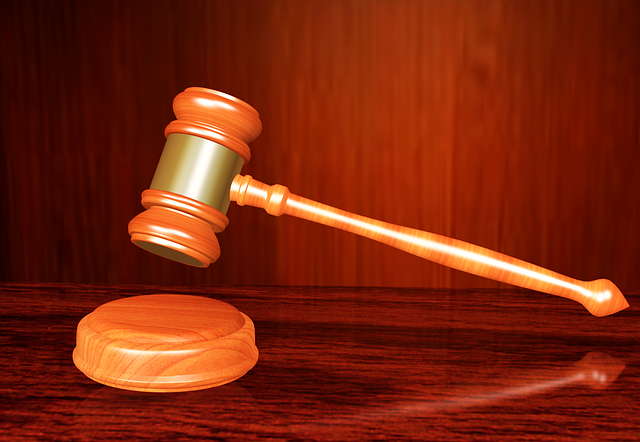
In today’s complex business landscape, navigating legal complexities is paramount for maintaining corporate integrity and holding individuals accountable. When allegations of consumer fraud emerge, particularly in the context of class action lawsuits, companies must wade through a intricate web of regulations and legal precedents. This process demands an unprecedented track record of meticulous documentation, transparent practices, and robust internal controls to safeguard against potential misconduct.
The pursuit of justice in such cases requires a nuanced understanding of both corporate and individual responsibilities. Skilled legal teams specializing in white-collar defense play a pivotal role in guiding businesses through this challenging terrain. They ensure that companies not only comply with relevant laws but also implement proactive measures to deter future fraud, fostering an environment where ethical conduct is the cornerstone of operations.
C-Level investigations, especially those focusing on consumer fraud, have become a powerful tool for holding businesses accountable. By understanding the intricacies of class action lawsuits and navigating the legal process effectively, consumers can secure justice and compensation. This collective approach not only provides individual relief but also sends a strong message to corporations, emphasizing that integrity and compliance are non-negotiable. Through careful navigation of legal complexities, businesses are encouraged to uphold their responsibilities, ensuring a fair and transparent marketplace for all.
